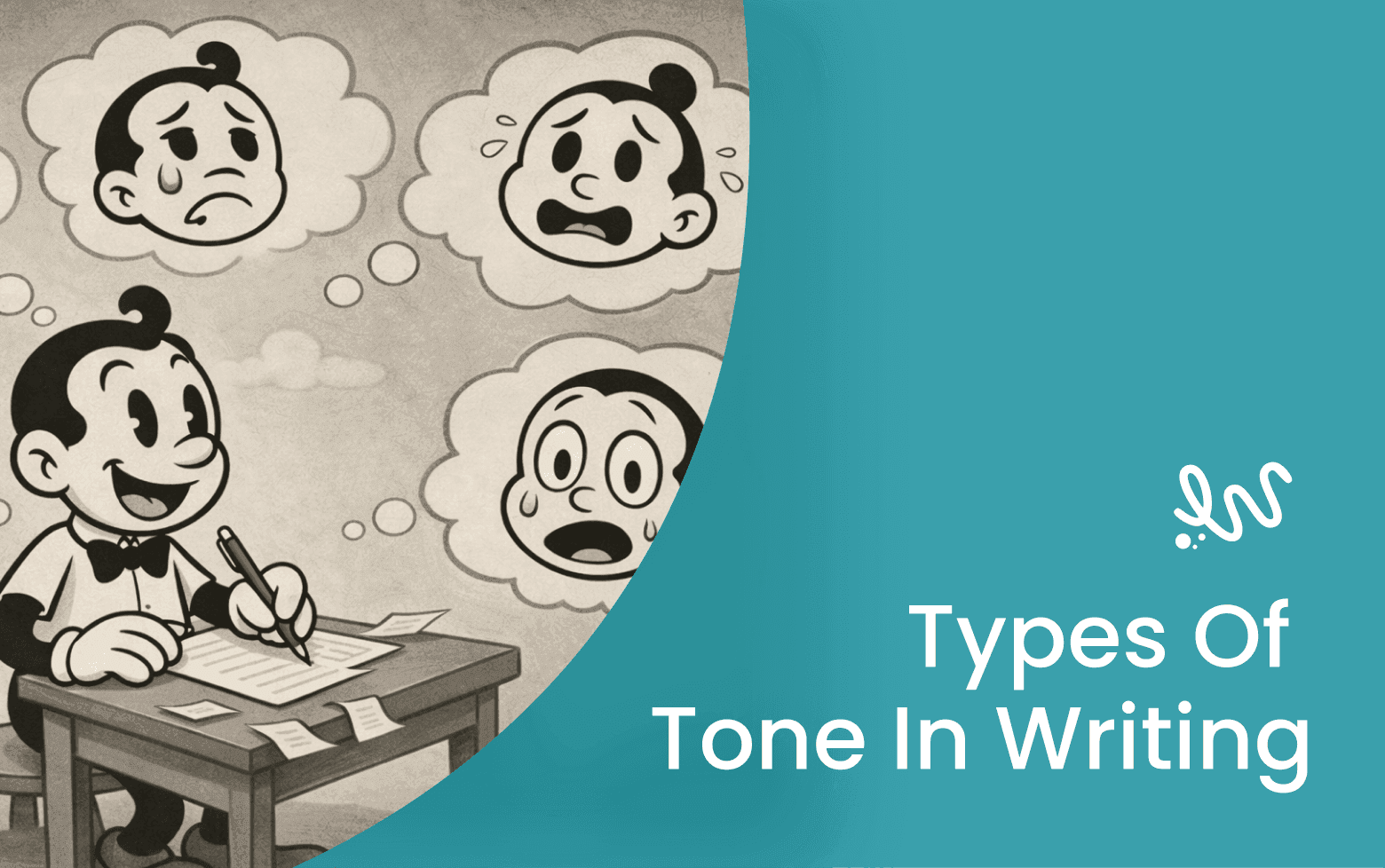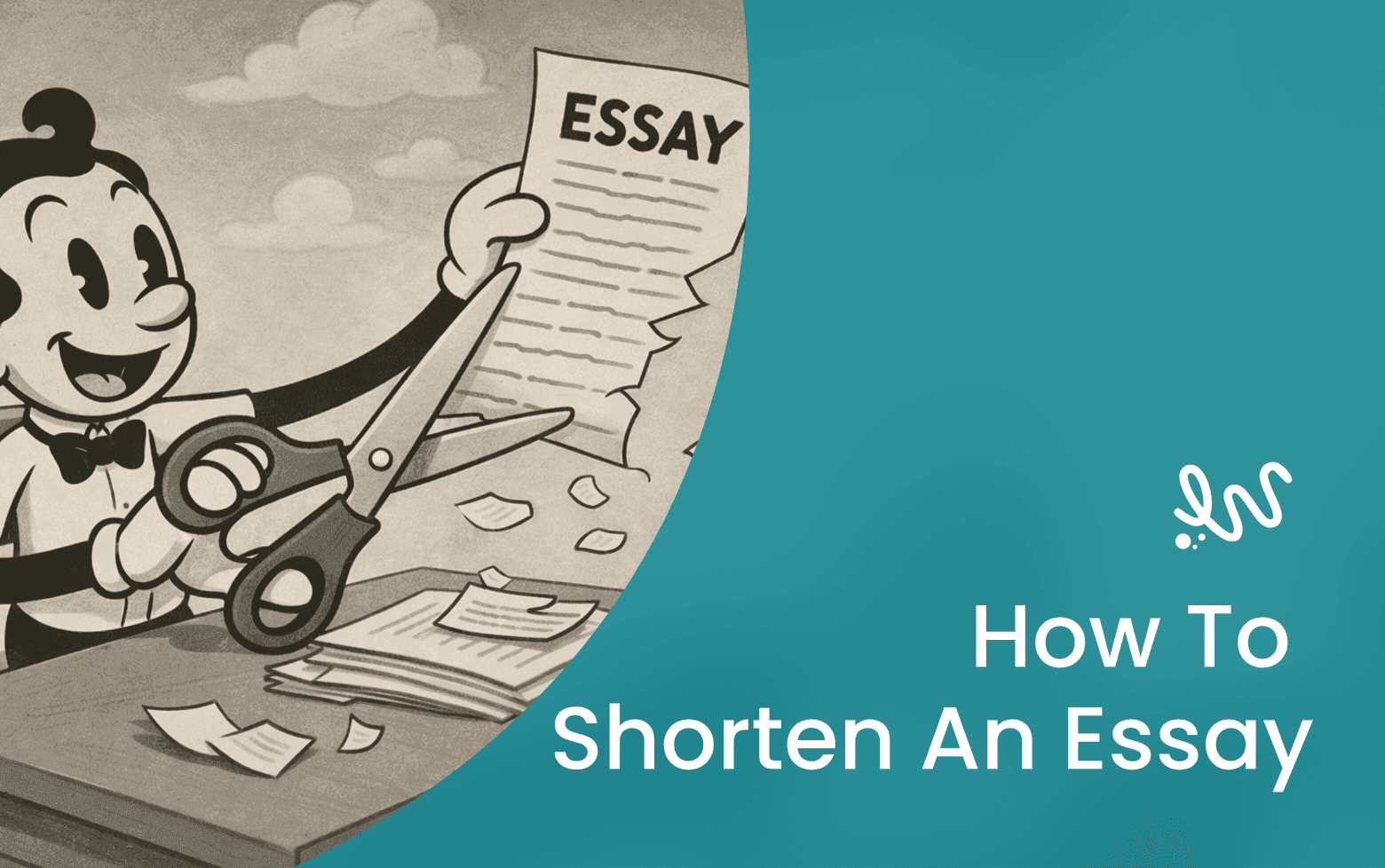A National Honor Society essay is a personal statement written by students applying for NHS membership, highlighting their achievements in scholarship, leadership, service, and character. While everyone talks about GPA, test scores, and the honor roll, the national honor society essay is where you actually get to speak your mind. That’s what makes this part of the NHS application so powerful (and tricky).
We’ll help you figure it all out, from start to finish. This article will break down what makes a great essay, share real NHS essay examples, and show you how to turn your experiences into a meaningful narrative.
And if you ever need help shaping your thoughts, WriteMyEssay is a place to go for college essay support when the stakes feel high and the words just won’t come.
Writing Your NHS Essay?

Components of a National Honors Society Essay
There’s a moment when you sit down to write your national honors society essay and think to yourself: ‘This isn’t just another assignment.’ And you’re absolutely right. It’s not a list of your activities or a reworded resume. It’s a reflection of who you are, how you think, how you lead, and how you show up for others when no one’s watching.
Below are the pieces that turn a simple essay into something meaningful.
Leadership
Forget titles for a second. True leadership skills show up every day. Think about the time you helped organize a last-minute debate team practice, guided younger students through a group project, or stepped in when no one else did. Leadership is often quiet. It’s about being reliable. Being the one people trust when things get messy. This part of your national honor society essay should show how you influence others through action, not just intention. Give a real story that shows you stepping up.
Scholarship
Scholarship is your relationship with learning, not just a GPA or a test score. Maybe it’s the way you stayed up late teaching yourself chemistry off YouTube or how you found your rhythm balancing the honor roll with a part-time job. This is your space to show how you’ve grown academically. Mention specific classes, challenges, or habits you’ve developed that show more than just grades: persistence, curiosity, and drive. And if your journey hasn’t been linear, talk about that too.
Service
The National Honor Society places huge value on giving back, but that doesn’t mean just listing community service activities. What matters is how those experiences shaped you. Volunteering at the local food pantry, tutoring after school, or helping your neighbors. What did that teach you? Maybe it shifted the way you see your community. Maybe it taught you to listen more. Choose one or two moments that stand out and talk about the feeling behind them. Service is about connection.
Character
This is the hardest part to fake and the easiest to feel. Character shows in small, unnoticed moments. Returning the money you found. Standing up for someone who was being ignored. Admitting you were wrong. That’s what people remember. Use this part to explore the values that guide you, not in a preachy way, but in a real one. What does ethical behavior look like in your daily life? How have you handled pressure or uncertainty? Let your reader see how you carry yourself when no one’s keeping score.
Pro Tip: Your voice - It can be tempting to use big words, but try not to. A compelling essay should sound like you. Whether you’re reflecting on freshman year growth or writing this in the middle of a chaotic junior year, honesty will take you further than perfection. Admissions committees read hundreds of essays, and, trust us, they remember the ones that feel genuine.
Tips for Writing an NHS Essay That Feels Like You Wrote It
Writing an NHS essay doesn’t have to be formal to the point of stiffness. The best ones sound like real people sharing real moments, what they’ve done, learned, and valued. Whether you’ve been preparing for weeks or you’re writing an essay in a hurry, the goal is the same: show who you are through stories that matter.
Here’s how to do it right, even on a tight deadline.
Start With a Real Moment
Don’t open with a cliché. Instead, think of a small, specific experience that reflects your values. It could be helping at a local food bank, mentoring younger students, or organizing a club event. One meaningful example says more than a long list.
Focus on the ‘Why’ Behind the Work
Anyone can say they did community service, but why did you do it? What did you walk away with? Use your NHS essay to connect actions to values. That’s exactly what the reader wants to see.
Write Like a Person, Not a Brochure
The whole point of your essay is to sound like you, not like a robot. If you don’t use big words in conversations, skip them here as well. The strongest essays feel honest and grounded, not overly rehearsed or forced to perfection.
Stick to the Four Pillars
Keep scholarship, leadership, service, and character in mind. Let each one show up naturally in your story, even if you don’t label them directly.
Don’t Wait for Perfect
Just start. Write something imperfect first. You can always clean it up later. Starting is the hardest part, and once it’s out of your head, the rest gets way easier.
National Honor Society Essay Examples
Reading an NHS essay example can help you understand what works and why it works. Below are essays that highlight leadership, service, character, and scholarship in real, personal ways. Use them for inspiration.
FAQ
How to Start a National Honor Society Essay?
Start with a moment that actually meant something to you, like helping someone, learning from a mistake, or realizing what leadership really looks like. The best openings feel personal, not forced. Then build from there.
How to Write a National Honor Society Essay?
Write like you’re telling your story to someone who’s listening closely. Focus on real experiences that reflect scholarship, service, leadership, and character. Be honest about your journey, thoughtful about your impact, and clear about your growth. Try to sound real.
Sources
National Honor Society. (n.d.). The NHS scholarship. https://www.nationalhonorsociety.org/advisers/the-nhs-scholarship/



